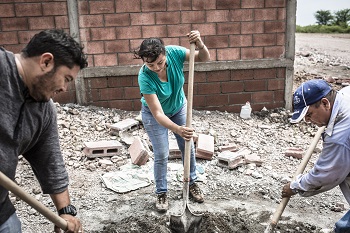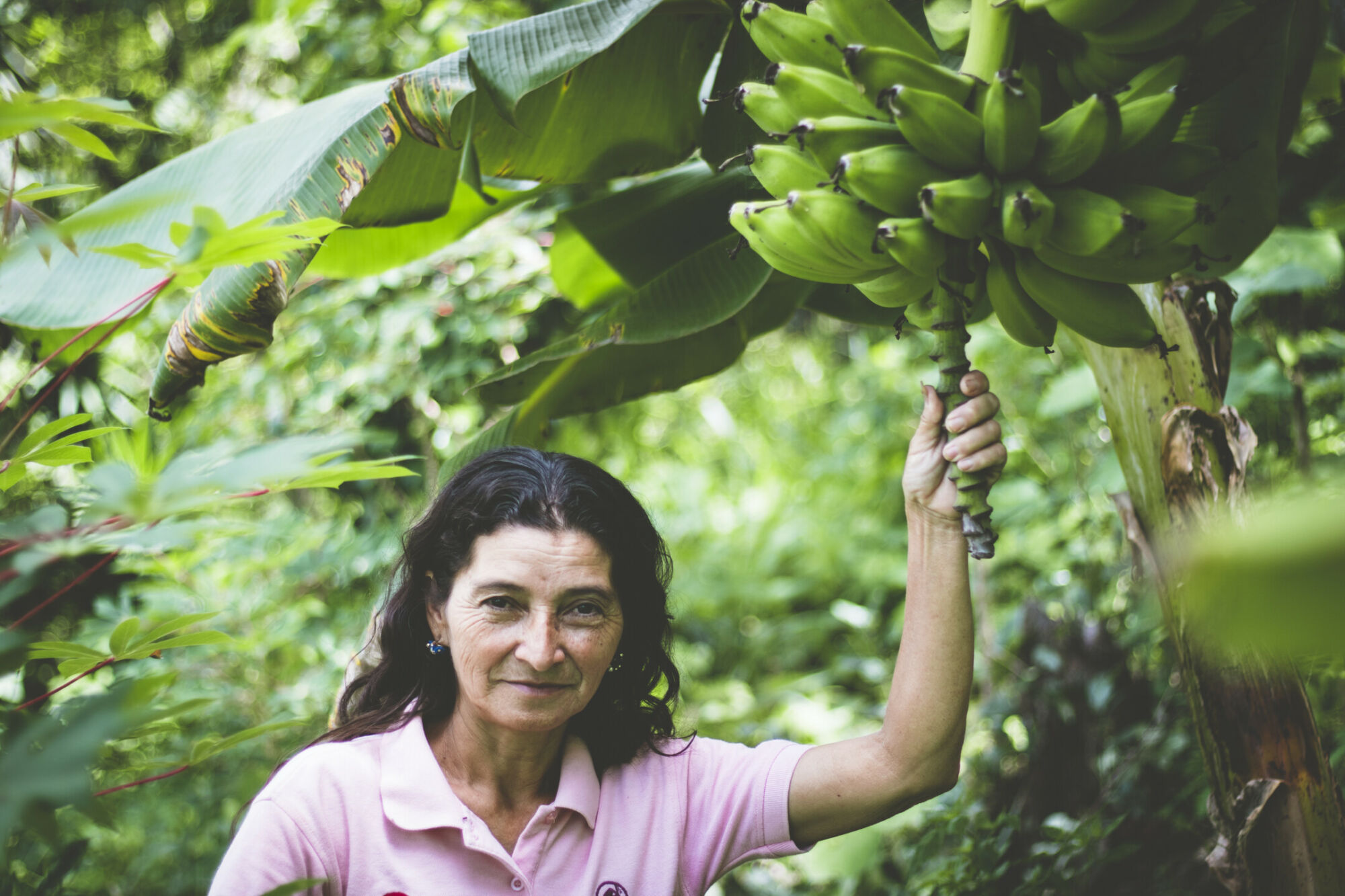We Effect supports local farmer, indigenous and women’s organizations and cooperatives, so that they can defend their rights and interests and improve the services they provide to members. The housing cooperative model allows for self-determination, collective construction and ownership, members further develop a sense of citizenship and rights entitlement, as well as undertaking advocacy to demand solutions to development and social issues.

Farmers’ associations raise awareness about and lobby for land rights and environmental protection; people living in poverty develop capacities to more effectively defend their rights and lobby for greater democracy and transparency at local and national levels; as agents for social change, they seeking to increase their influence vis-à-vis decision-makers. In Honduras, We Effect works on the principle of fair resource allocation, ensuring that at least half of our aid targets women.
